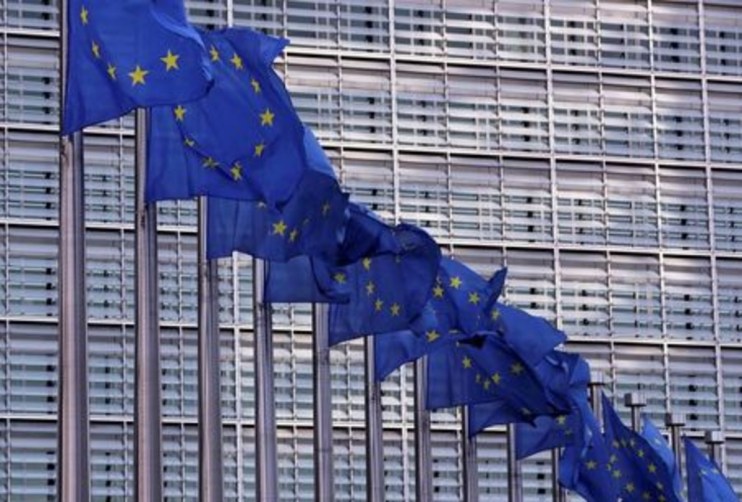Southern Europe to help eurozone ‘turn a corner’ in 2024 as Germany stagnates

The eurozone economy is expected to “turn a corner” in 2024 as faster growth in southern Europe will help offset continued stagnation in Germany, new forecasts from the European Commission show.
The Commission forecast that the eurozone would grow 0.8 per cent this year, unchanged from its last round of forecasts, and an improvement on growth of just 0.4 per cent last year.
Looking forward to next year, the Commission expects 1.4 per cent next year, a slight downward revision on its winter round of forecasts.
Germany, the euro area’s largest economy, will be more or less stagnant in 2024 after suffering a mild recession last year while the French economy will also remain subdued.
Growth will instead be driven by a stronger performance from economies in the periphery. Portugal will grow 1.7 per cent, Spain 2.1 per cent and Greece 2.2 per cent, according to the latest forecasts.
“With economic expansion in the southern rim of the EU still outpacing growth in north and western Europe, economic convergence within the EU is set to progress further,” the Commission said.
Paolo Gentiloni, commissioner for the economy, said: “The EU economy perked up markedly in the first quarter, indicating that we have turned a corner after a very challenging 2023.”
“We expect a gradual acceleration in growth over the course of this year and next, as private consumption is supported by declining inflation, recovering purchasing power and continued employment growth,” he continued.
Inflation is predicted to continue falling over the next couple of years and at a slightly faster pace than forecast in February.
It is projected to fall from 5.4 per cent over 2023 to 2.5 per cent this year before dipping to 2.1 per cent next year.
“Rapid fall in retail energy prices throughout 2023 was the main driver of the inflation decline, but underlying inflationary pressures started easing too in the second half of 2023, amidst the weak growth momentum,” the forecasts said.
The European Central Bank is widely expected to cut interest rates next month, reflecting the greater progress on inflation.
After its last rate decision, the ECB said it would be “appropriate to reduce the current level of monetary policy restriction” if it received further evidence that inflation was falling to target.